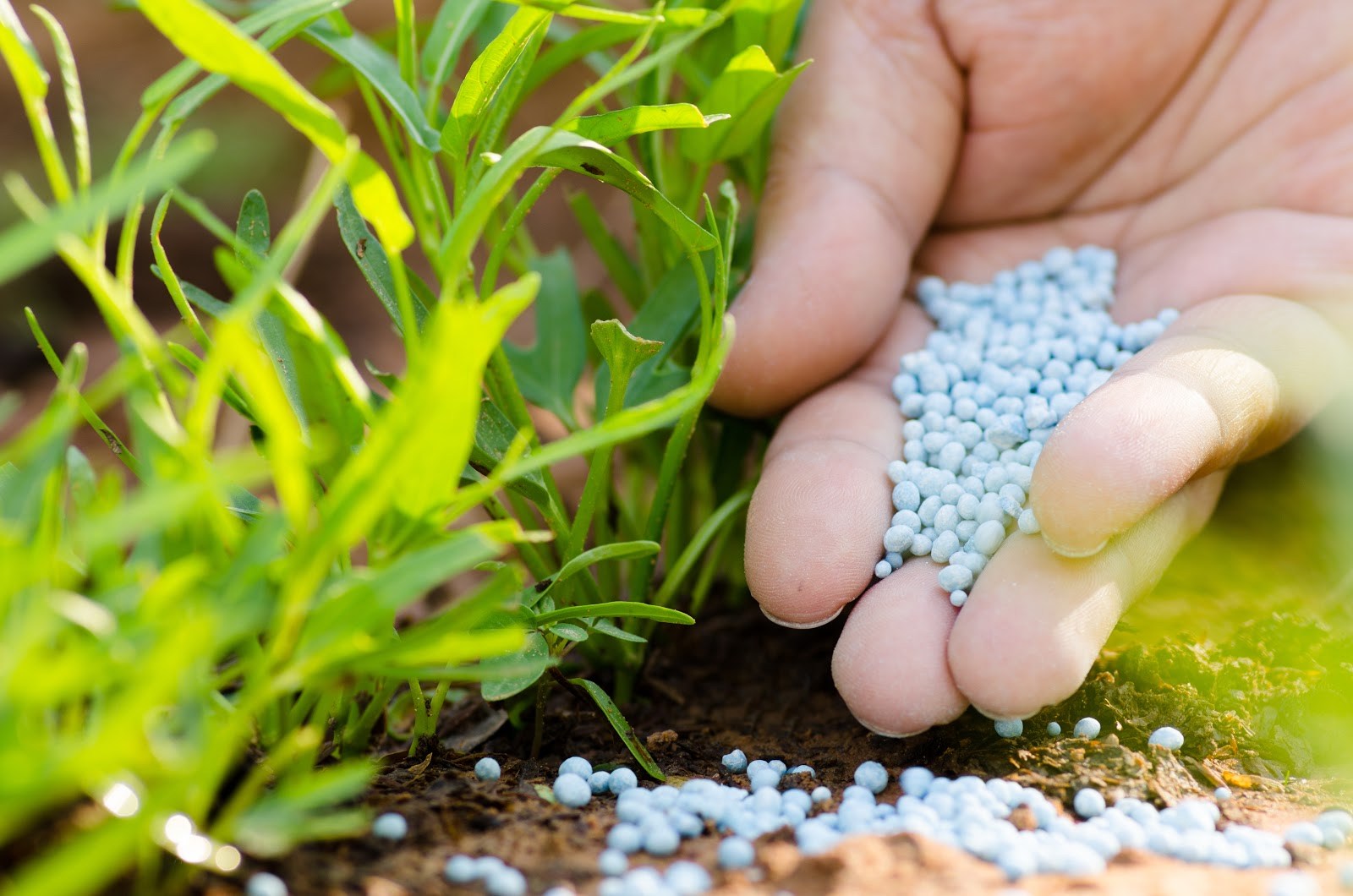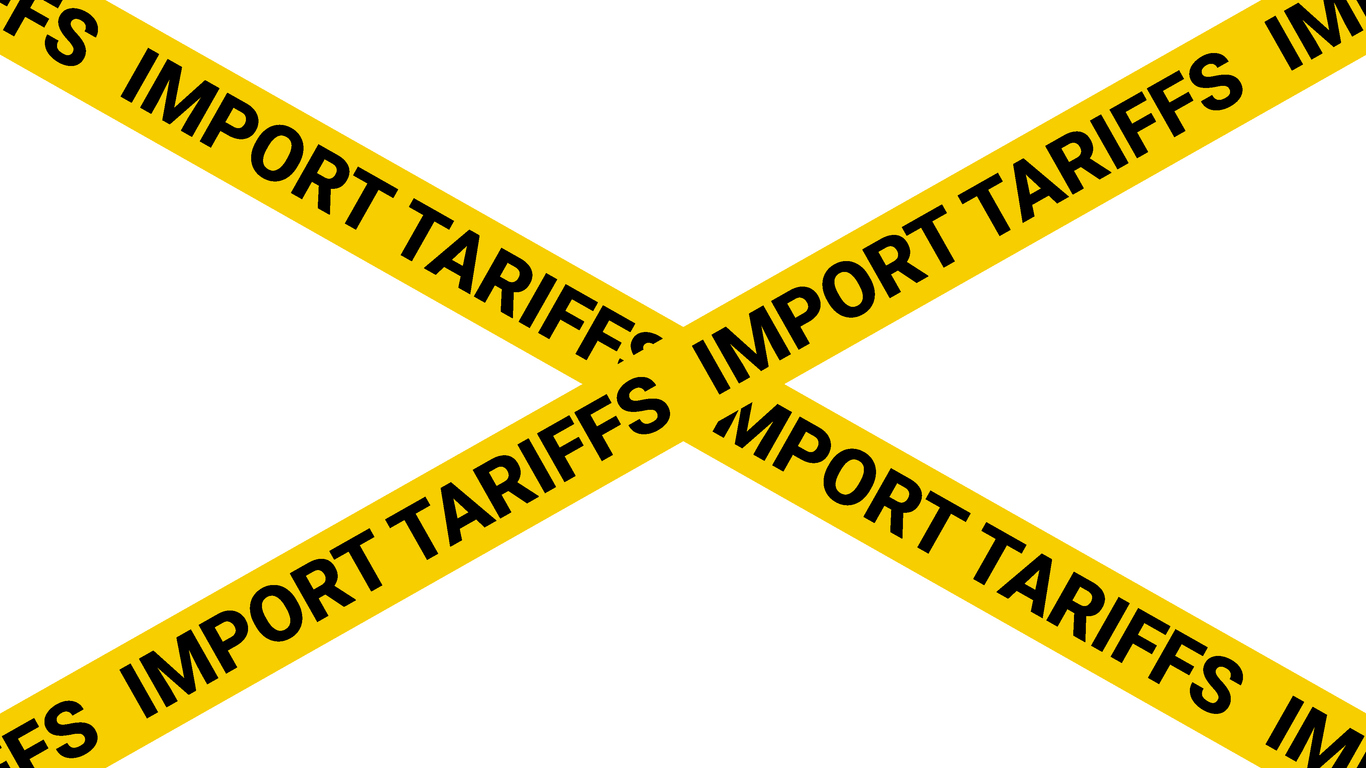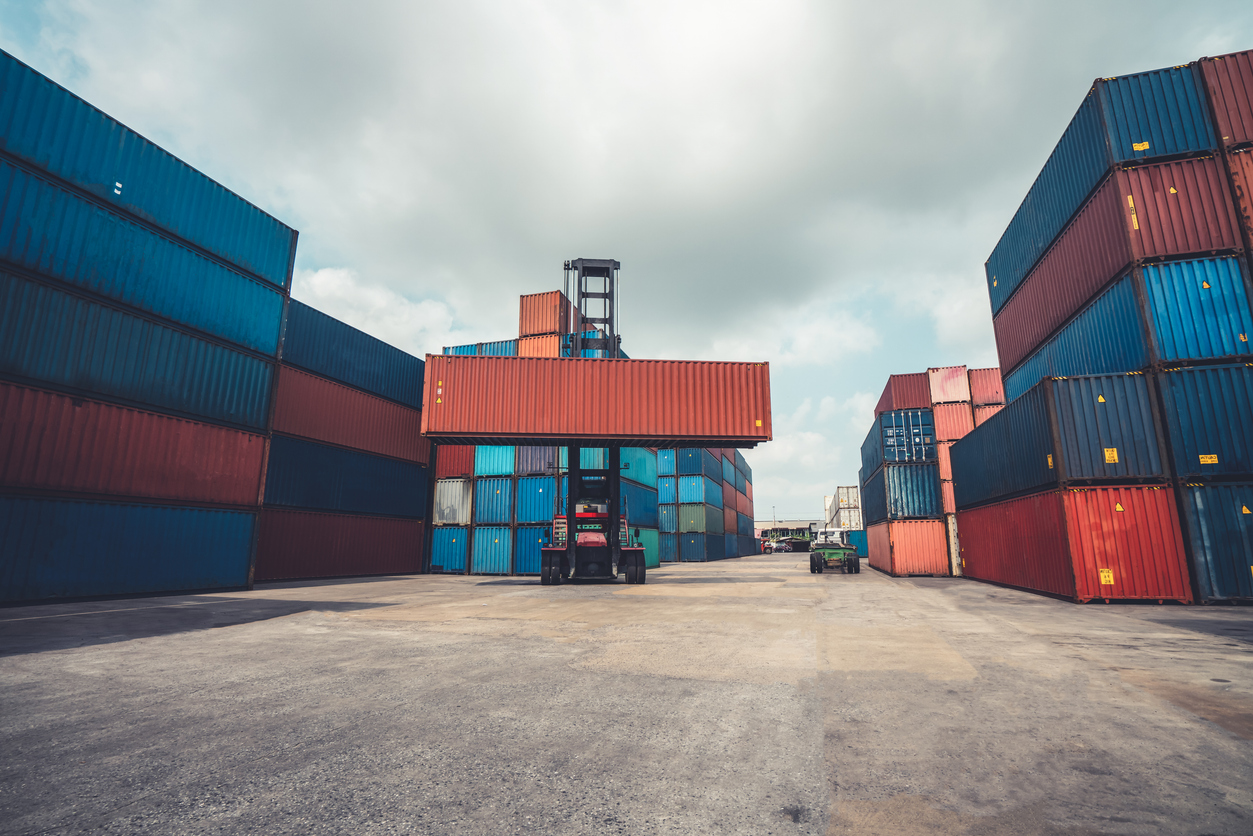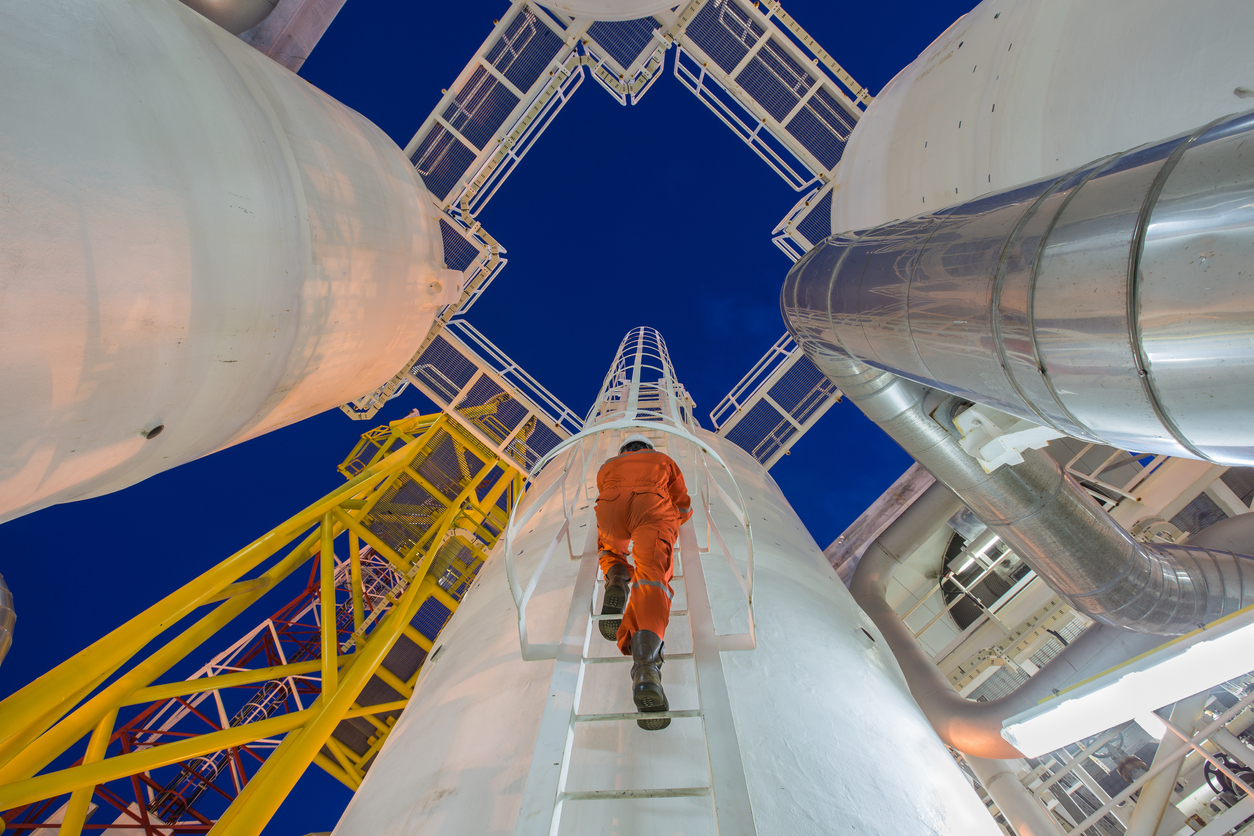How to Buy Mixed Mineral or Chemical Fertilizers from South Africa
How to Buy Mixed Mineral or Chemical Fertilizers from South Africa
Mixed mineral or chemical fertilizers are blends of nitrogen, potassium and other elements that plants need for growth. They’re designed to be more exacting than standard fertilizers and provide your crop with exactly the right nutrients it needs. Mixed fertilizers can also help you save money by reducing the amount of less expensive standard fertilizers that you have to purchase. If you just want to go with standard fertilizers, keep reading anyway; we have advice on how much of each type of fertilizer to use, what soil pH is and which standard fertilizers are best for your situation. Mixed mineral or chemical fertilizers are usually manufactured as a dry powder that you mix with water before applying them to the soil. Keep reading to learn more about mixed mineral or chemical fertilers, how they work and how to buy them from South Africa.
What Is a Mixed Fertilizer?
A mixed fertilizer is a blend of different nutrients that have been specially formulated to work well together. These fertilizers are often used in commercial operations and are often more effective than standard fertilizers, which are mixtures of just nitrogen, phosphate and potash. Because mixed fertilizers contain other important elements, they can be more precisely targeted at the specific needs of your plants depending on the type of mixed fertilizer you use. Mixed fertilizers are available in both chemical and mineral varieties. The big difference between the two is that chemical fertilizers are usually processed and manufactured, while mineral fertilizers are extracted from the ground and processed.
How Do Mixed Fertilizers Work?
To understand how mixed fertilizers work, it’s important to know what the main nutrients are in them. The three main nutrients in mixed fertilizers are nitrogen, potassium and phosphorus. Nitrogen is the nutrient plants need the most, but it’s also the most common element in our environment and is often found in most soils. Excess nitrogen, however, can be harmful to plants because it can cause certain weeds to grow quickly and out-compete your plants. Potassium is another common element in soil and one that’s especially important for plants to grow healthy roots and fight off diseases. A lack of potassium can cause poor plant growth and low yields. Finally, phosphorus is also commonly found in soil, but crops often need more of it than they get naturally. Excess phosphorus can also be harmful, though, as it can cause algae to grow in waterways and can be harmful to the environment and your health if water is polluted with it.
Which Type of Mixed Fertilizer Should I Buy?
One of the most important things to understand about mixed fertilizers is that they are designed to be very precise. The best way to buy a mixed fertilizer is to read the packaging and choose a fertilizer that’s tailored to the exact type of crops that you have. One of the best things about mixed fertilizers is that you can often buy them in small quantities that cost less than larger bags of standard fertilizers. If you have specific needs, you’ll want to make sure that you select the right type of fertilizer. For example, if you have sandy soil, you’ll want to make sure that you select a fertilizer that has plenty of phosphorus in it because sandy soil doesn’t retain nutrients well.
How Much of Each Type of Fertilizer Should I Use?
When buying mixed fertilizers, you should follow the instructions on the packaging. However, you don’t want to apply too much fertilizer, as too much nitrogen can cause damage to your plants. If you see signs of damage to your plants, you’ll want to cut back on the amount of fertilizer you’re applying. If your soil is already high in nitrogen, you’ll want to select a fertilizer that has plenty of phosphorus or potassium to make sure your plants are getting the nutrients they need. If you’re growing plants in sandy soil, you’ll want to make sure that you have plenty of phosphorus in your fertilizer.
What is pH and Which Standard Fertilizer Has the Right pH?
Soil pH refers to the amount of acidity in the soil and is measured on a scale from 0 to 14. A pH of 7 is neutral; anything that is more acidic than 7 is lower on the scale while anything that is more alkaline than 7 is higher on the scale. Different plants have different pH requirements and fertilizers are often tailored to those needs. If your soil is too acidic, you’ll want to select a fertilizer with a high percentage of nitrogen to bring the soil pH up. You’ll want to do the opposite if you have alkaline soil; select a fertilizer that has a high percentage of phosphorous to bring the soil pH down.
Conclusion
When you buy mixed mineral or chemical fertilizers, you’re getting a precise blend of different nutrients that are designed to help your plants grow as well as they can. Mixed fertilizers are available in both chemical and mineral varieties, and they’re often more effective than standard fertilizers. When buying mixed fertilizers, make sure that you get the right type for your soil and that you apply the right amount to avoid hurting your plants.








LEAVE A COMMENT
You must be logged in to post a comment.